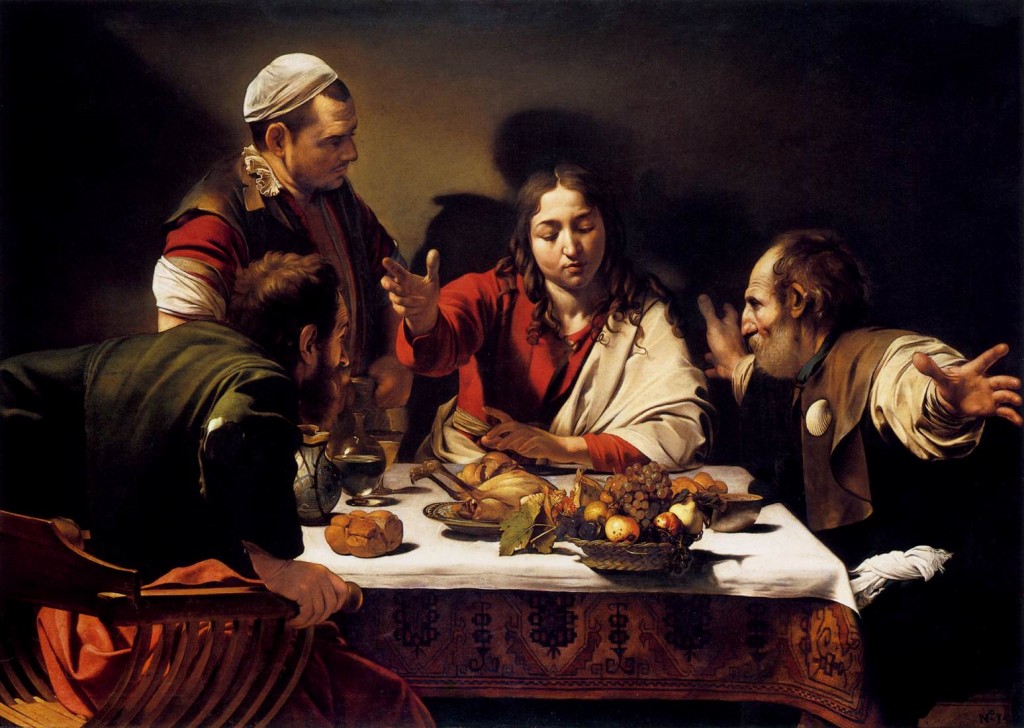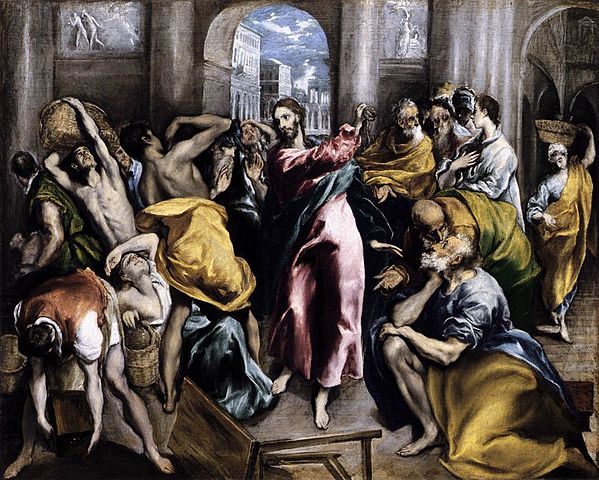I really like the idea of taking the season of Easter seriously. In our society we have a problem with over-preparation for events which are then over in a moment. Of these, the most notable is Christmas, where "Christmastime" or the "festive season" takes up most of December, sometimes spilling out to November, but more or less ends on 25th December. In many Protestant churches, we follow this trend in society with Christmas, for which our celebrations are great on 25th Dec but end there. It's even more so with Easter. Many of us have started to follow Lent quite arduously, giving things up and following study courses and the like. And many Reformed churches are taking Maundy Thursday and Good Friday quite seriously (much more so than a generation ago when celebrating either would have been considered 'Papist'). And of course Easter Sunday is the great celebration in all churches everywhere. But afterwards - nothing. Nada. Back to normal life.
The Catholics do these things better, taking the liturgical year much more seriously, and this is something the Anglicans kept when the Church of England had its partial Reformation, and have nurtured well for the past several hundred years. But in other Protestant traditions, not a lot happens between Easter Sunday and Ascension (perhaps even skipping that one and going straight to Pentecost). So I really welcome Forty Days with Jesus.
 We're on Day 10 of the course. It takes one encounter with the risen Christ each week, and has daily study material for each encounter (supported by other resources). This week, it's the meeting of Jesus with the disciples on the road to Emmaus. It's a great story, and one which has teased and intrigued Christians throughout history. Why didn't the disciples recognise Jesus? What kept them from realising who he was? What did he tell them on the road? How did it feel when they realised who he was? Why did he disappear after they realised this? It's been the subject of many artworks as well as scholarly works - this is Caravaggio's version, one of my favourites.
We're on Day 10 of the course. It takes one encounter with the risen Christ each week, and has daily study material for each encounter (supported by other resources). This week, it's the meeting of Jesus with the disciples on the road to Emmaus. It's a great story, and one which has teased and intrigued Christians throughout history. Why didn't the disciples recognise Jesus? What kept them from realising who he was? What did he tell them on the road? How did it feel when they realised who he was? Why did he disappear after they realised this? It's been the subject of many artworks as well as scholarly works - this is Caravaggio's version, one of my favourites.Today's reading is entitled "Vision blurred by doubt". Dave Smith writes: "[I]t is worth being alert to how doubt can prevent us from 'seeing' Jesus, wherever we are in our spiritual journey. It seems as if the main reasons why the disciples failed to recognise Jesus on the Emmaus Road, even though He was standing right there with them, was because of their unbelief" (p.40 of the book). The experience of Thomas, often called the doubter, follows next week - we'll see what Dave Smith has to say then.
I really don't agree with him on this one, either in the case of Emmaus or generally about doubt. Here's what I'd say about Emmaus. It was the third day after Jesus had been executed. The disciples were bewildered, depressed and fearful. And then there were these strange stories that he had been spotted. Cleopas and his companion must have been besides themselves, unable to recognise anything much going on. And they knew Jesus was dead, so why would they expect him to be there? It wasn't a matter of doubt or unbelief but simply normal expectation.
But what if it was about doubt? Is that so wrong? Oliver Cromwell, not a man we associate with doubt or a lack of self-esteem, famously said: "I beseech you, in the bowels of Christ, think it possible that you may be mistaken", which minus the bowels bit has been preserved to this day in British Quakers' Advices and Queries. And a bit of healthy uncertainty is extremely important. It's the basis of the scientific method and the Enlightenment - Immanuel Kant summed up the entire thesis of the Enlightenment in two words, Sapere aude (loosely translated, 'dare to question').
Those who are certain about the truth of something are the most dangerous people in the world. It's that certainty which causes wars, conflict, persecutions. The cause might be an excellent one, or it might be a repellent one, but if you believe it with no room for doubt, you're left with no room to change, and no room to compromise with those you meet.
We might have excellent reasons for believing something. I have excellent reasons for believing, variously, that: the sun will rise tomorrow; if you hit yourself with a large object it hurts; I will die within the next century; we were created by a loving God. My reasons for believing these are different kinds of knowledge. Nonetheless, it is appropriate to doubt each of them.
But this kind of doubt is essentially about intellectual belief in the truth of abstract propositions. Faith is a different matter. As has been written by various Biblical scholars, the Greek word "pistuein", often translated as "to believe", really means more like "to trust". Faith is about relationship, it's not about believing intellectually that your partner will come home to you each night but rather trusting it with all your heart. And that's the kind of thing we can do without doubting.
Shakespeare discussed doubt and trust as follows (in Hamlet):
Doubt thou the stars are fire;The disciples on the road to Emmaus were right to doubt that the person they met on the road was Jesus. It didn't come from lack of faith in him. But they were equally right, once their eyes had been opened, to put their full trust in what they had seen and experienced - the risen Christ.
Doubt that the sun doth move;
Doubt truth to be a liar;
But never doubt I love.








